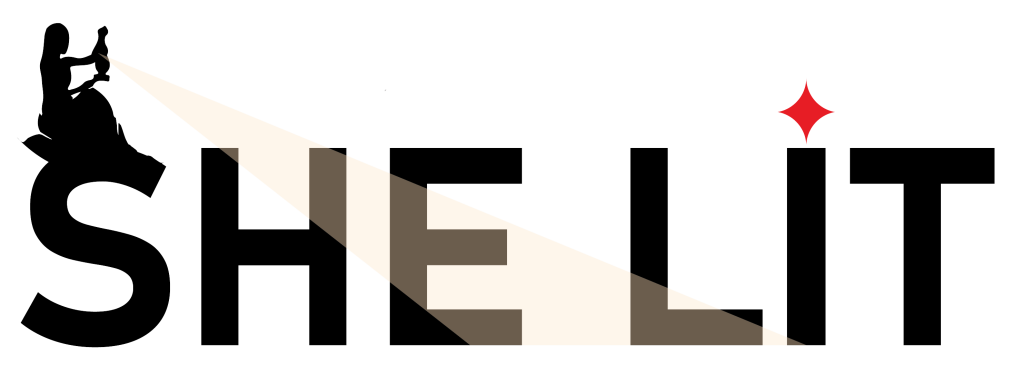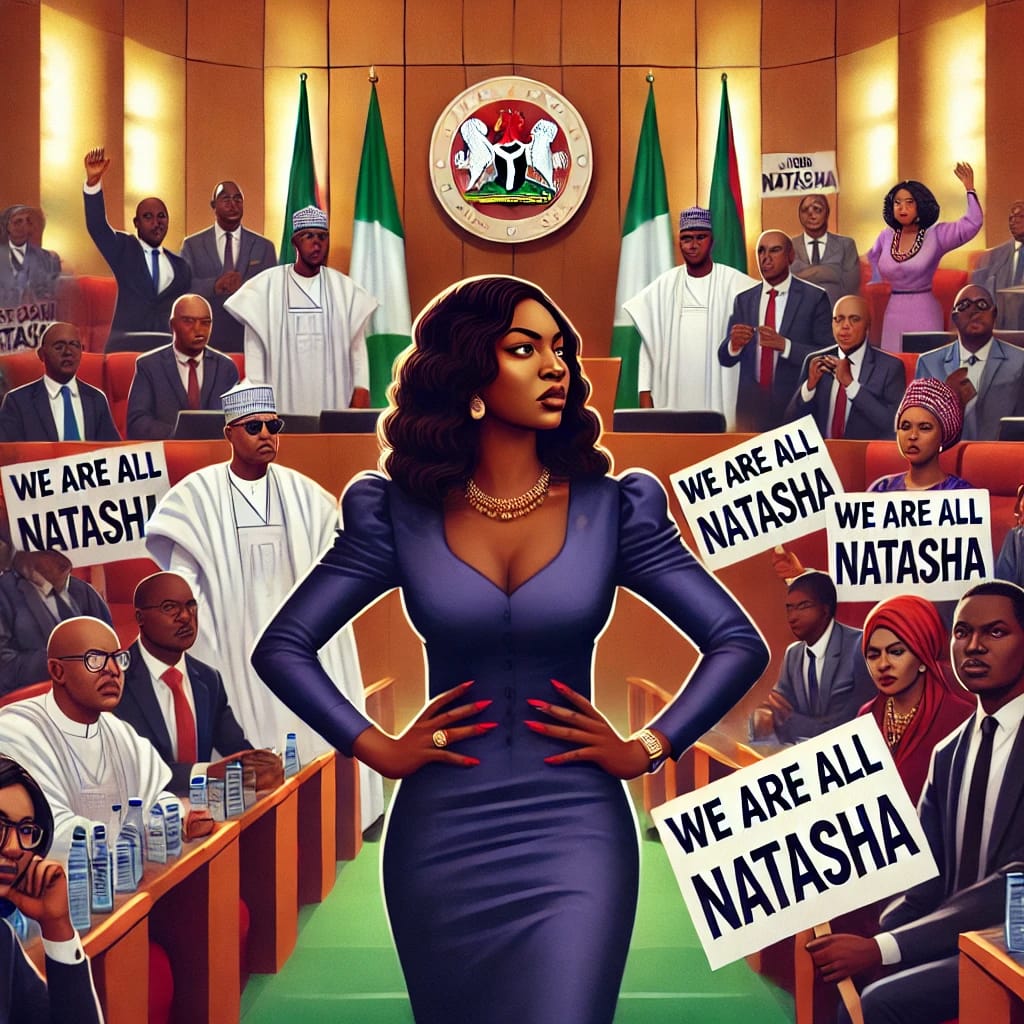Abuja, March 17, 2025
A political storm has erupted in Nigeria after Senator Natasha Akpoti-Uduaghan accused Senate President Godswill Akpabio of sexual harassment, a claim that has sparked outrage and renewed conversations about women’s safety in politics. The fallout from her allegations has led to her six-month suspension from the Senate, a move that has been widely criticized as an attempt to silence her.
The Allegations & Fallout
During a heated Senate session last week, Akpoti-Uduaghan accused Akpabio of inappropriate behavior, stating that she had been subjected to repeated harassment. However, instead of addressing the allegations, the Senate Ethics Committee ruled to suspend her for “unparliamentary conduct and disorderly behavior.”
The decision to suspend her has triggered a wave of protests and online activism, with critics arguing that her removal is an attempt to intimidate women in politics rather than a fair response to the situation.
“This is not just about me. It’s about the countless women in Nigeria who face harassment in silence because they fear retaliation,” Akpoti-Uduaghan said in a press conference following her suspension.
Political Backlash & Public Support
Women’s rights organizations, activists, and opposition politicians have condemned the Senate’s actions, calling for a transparent investigation into the allegations. The controversy has reignited discussions about gender-based violence and workplace harassment in Nigeria, where many women in power face systemic discrimination.
The suspension has also sparked protests outside the National Assembly, with demonstrators chanting “We are all Natasha”, a slogan that has gained traction online. Prominent figures, including former Nigerian Minister Oby Ezekwesili, have spoken out, demanding accountability and protection for women in government.
A Broader Struggle for Women in Politics
Nigeria has long struggled with low female representation in politics, with women holding less than 10% of legislative seats. Many female politicians have reported facing harassment, intimidation, and systemic barriers that prevent them from rising in leadership.
Activists are now pushing for stronger legal frameworks to address sexual harassment and gender-based violence in politics, arguing that Akpoti-Uduaghan’s case is not an isolated incident but part of a larger pattern of discrimination.
Global Reactions & Social Media Outcry
The case has gained international attention, with human rights organizations calling on Nigerian authorities to ensure a fair investigation. On social media, hashtags such as #WeAreAllNatasha, #JusticeForNatasha, and #EndHarassmentInPolitics are trending, with thousands expressing solidarity.
At She Lit, we stand with women fighting for justice and equal representation. Silencing victims only empowers abusers—it’s time for systemic change.

